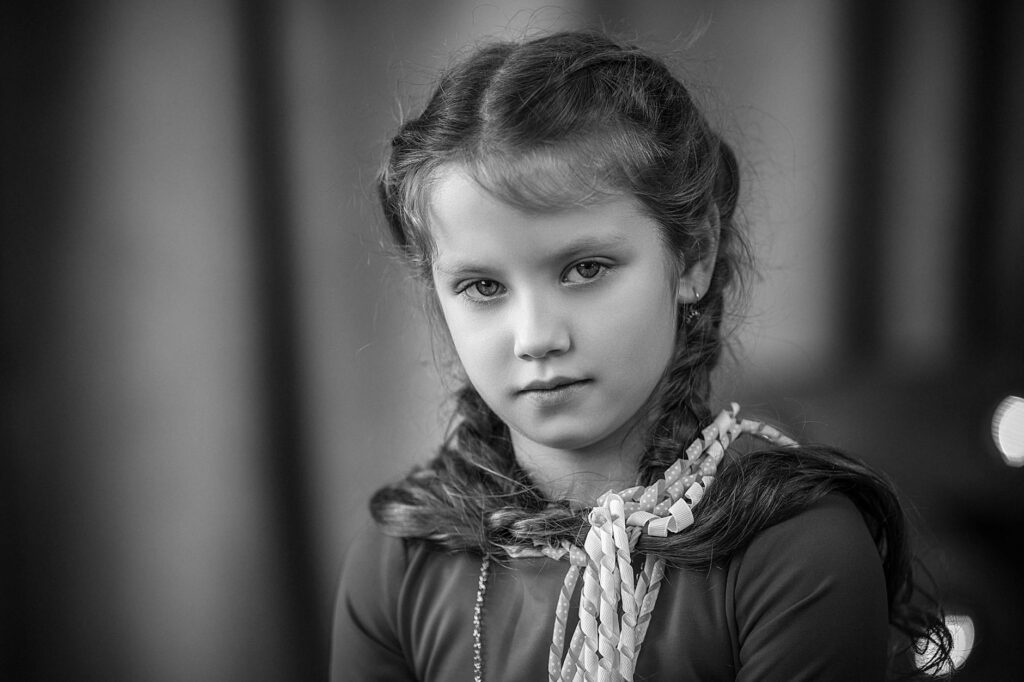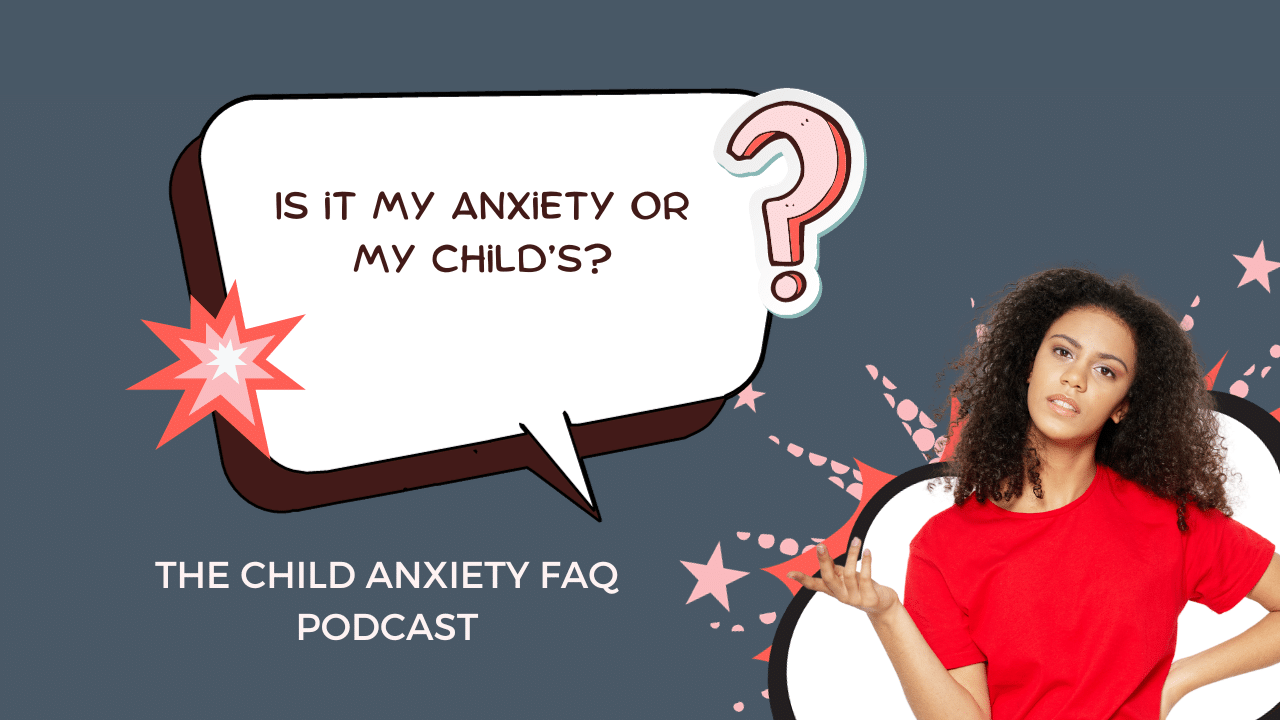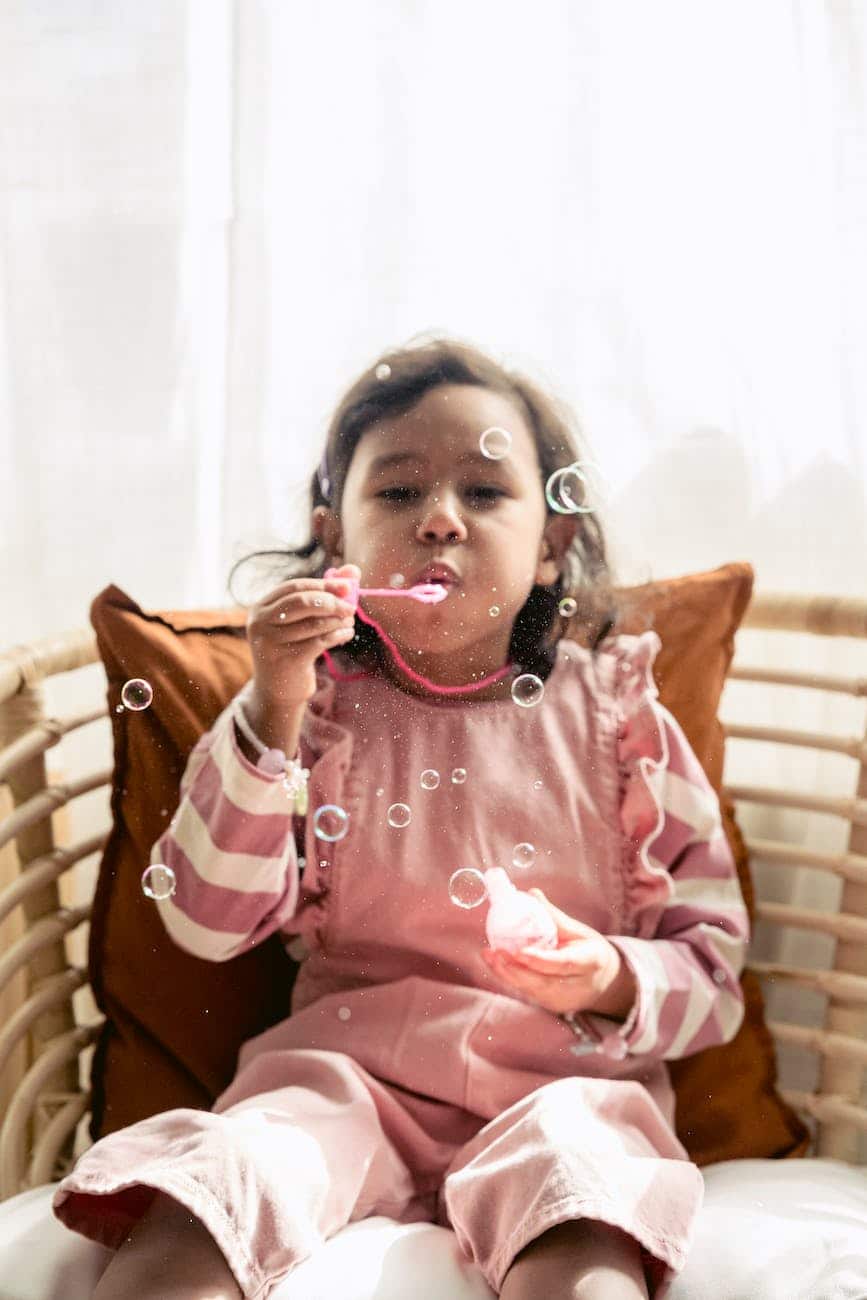Welcome to an insightful discussion about parenting, growth, and the timeless debate on the nature of children’s development. In today’s post, we’re going to delve deep into the heart of a concept that has been circling around the realm of child psychology and modern parenting philosophies—the myth of the perfect child and the impact of parental influence. Join me as we unpack this complex subject with empathy and authority, aiming to educate and support parents in their journey.
The Fallacy of the Blank Slate
The blank slate theory, a notion as old as time, suggests that children are born as empty vessels, waiting to be filled with the knowledge, values, and behaviors imparted by their parents. It’s a concept that has been thoroughly discredited, yet its echoes can still be heard in some parenting circles. This outdated idea fails to recognize that children are born full of potential, as complete individuals in their infancy, who will naturally evolve into adulthood.
The growth and development of a child are more pronounced during their early years, as their brains are still forming. However, it’s a lifelong process that does not cease with age. We must acknowledge that each child comes into the world with their unique personality and inherent traits. They are not blank slates for us to inscribe upon but are individuals who will grow and adapt in their own right.
The Myth of Perfection and Parent-Child Dynamics
Another pervasive myth is the belief that children are born perfect, only to be marred by life’s experiences and the influence of their parents. This narrative is not only unhelpful but also detrimental to the understanding of the complex dynamic that exists between a parent and a child. Both are part of a system, a unit that interacts and influences one another in profound ways.
It is indisputable that parents have a significant impact on their children’s development. Yet, it is essential to recognize that the influence is bidirectional—children also shape their parents’ lives and approaches. Struggling with your child does not make you a bad parent; it presents an opportunity for mutual growth and change that should be embraced, not feared.
Navigating the Parent-Child Relationship with Compassion and Flexibility
It is often the case that the most gentle, respectful, and conscientious parents are the ones who are the hardest on themselves. Driven by a deep desire to ‘do things right,’ they may inadvertently hold back from asking their children to rise to challenges, fearing that they might impose too much on their young minds. However, it is crucial for parents to understand that it is not only okay but necessary to ask their children to adapt and grow alongside them.
We are all in a constant state of flux, both as individuals and as parts of a larger system. By allowing ourselves and our children the space to flex and change, we foster an environment in which everyone can grow. This does not mean that parenting will always be straightforward. When you find yourself at a loss, especially when dealing with an anxious child, remember that seeking help is a sign of strength. There are resources and support systems in place for this very reason—to provide guidance and an objective perspective on your parent-child relationship.
In conclusion, let us reject the myths of the blank slate and the perfect child. Let us instead embrace the complexity and reality of parenting, acknowledging that it is a dance of mutual growth and adaptation. Remember, you are not alone in this journey. Whether you’re seeking advice, reassurance, or simply a listening ear, the community is here to support you and your child as you navigate the ever-changing landscape of life together.






